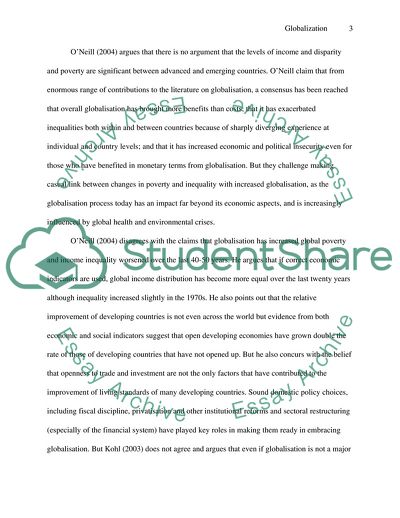Cite this document
(Globalization Going To Promote Greater Equality Essay, n.d.)
Globalization Going To Promote Greater Equality Essay. https://studentshare.org/gender-sexual-studies/1713713-is-globalization-going-to-promote-greater-equality-ot-just-make-the-rich-richer-and-the-poor-poorer
Globalization Going To Promote Greater Equality Essay. https://studentshare.org/gender-sexual-studies/1713713-is-globalization-going-to-promote-greater-equality-ot-just-make-the-rich-richer-and-the-poor-poorer
(Globalization Going To Promote Greater Equality Essay)
Globalization Going To Promote Greater Equality Essay. https://studentshare.org/gender-sexual-studies/1713713-is-globalization-going-to-promote-greater-equality-ot-just-make-the-rich-richer-and-the-poor-poorer.
Globalization Going To Promote Greater Equality Essay. https://studentshare.org/gender-sexual-studies/1713713-is-globalization-going-to-promote-greater-equality-ot-just-make-the-rich-richer-and-the-poor-poorer.
“Globalization Going To Promote Greater Equality Essay”. https://studentshare.org/gender-sexual-studies/1713713-is-globalization-going-to-promote-greater-equality-ot-just-make-the-rich-richer-and-the-poor-poorer.


